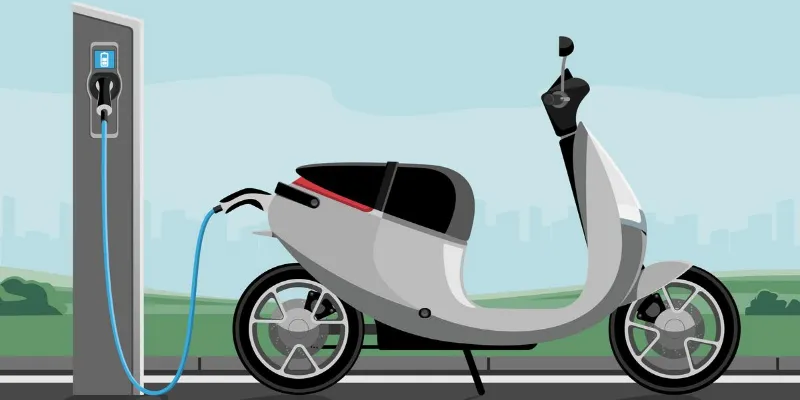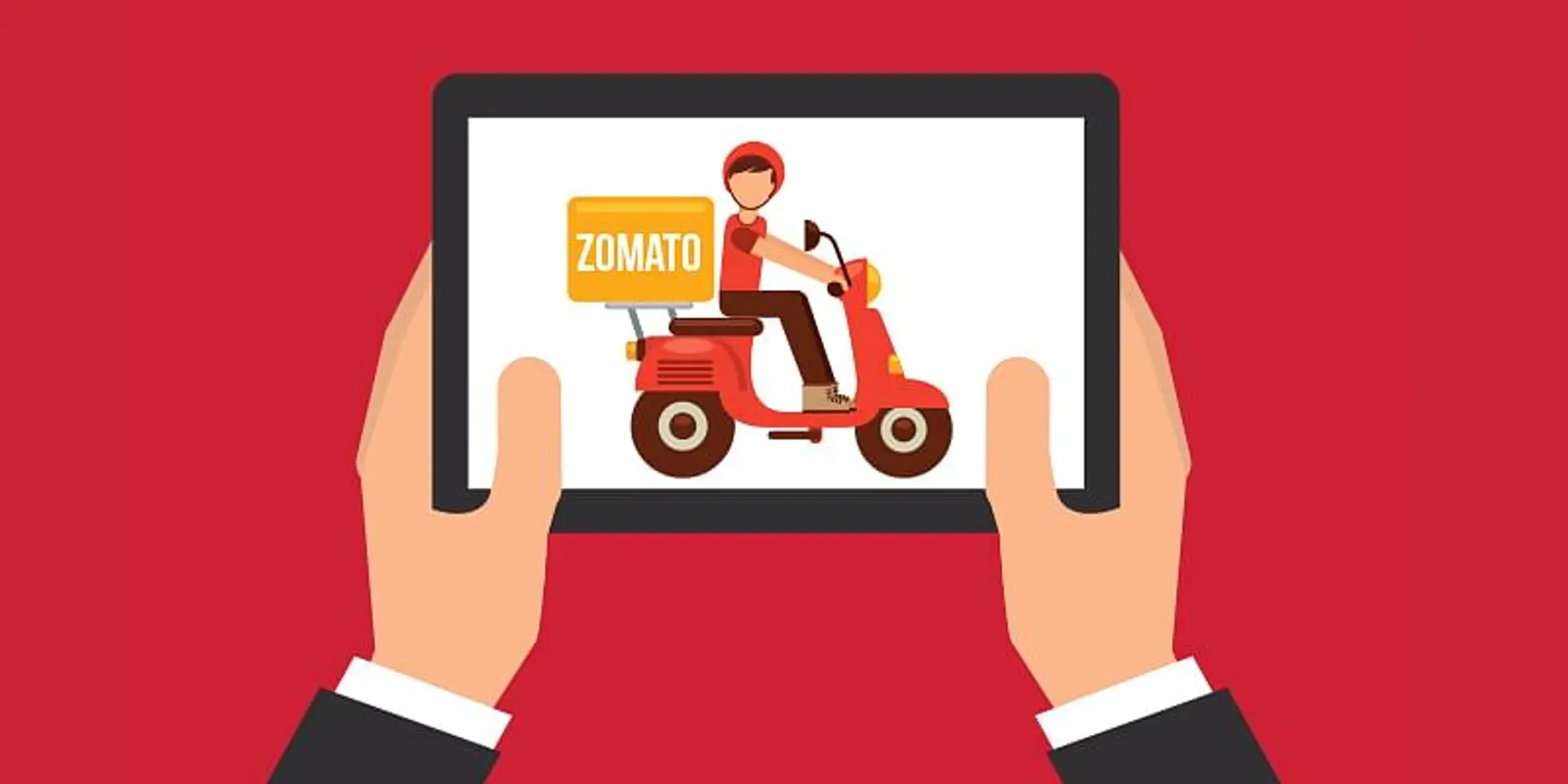Zomato IPO: As Zomato goes public, here’s a look at the foodtech unicorn’s moves for a sustainable and equitable future
As Zomato goes public, SocialStory takes a look at its contributions towards communities and the environment, and its approach towards building a better future as a collective
Foodtech unicorn — headed by CEO Deepinder Goyal — launched several initiatives for those who lost their earnings to the COVID-19 pandemic, as the Indian restaurant industry suffered significantly.
In fact, over the years, the Gurugram-headquartered foodtech platform made some crucial changes — from packaging to delivery — in an attempt to minimise carbon footprint and reduce its impact on the environment.
As Zomato goes public today, we take a look at its contributions towards communities and the environment, and its approach towards building a better future.

Zomato plans on using only electric vehicles to deliver food by 2030
Climate conscious delivery
At present, Zomato delivers about 20 percent of its orders on bicycles and about 35 percent in crowded cities like Delhi. These deliveries do not leave a carbon footprint and are pollution-free.
It also funds local environmental projects to make up for the carbon footprint due to the deliveries and various intermediate procedures such as packaging.
In fact, the foodtech company plans on using only electric vehicles to deliver food by 2030. Right now, it has implemented this initiative in cities, including Delhi, Mumbai, and Bengaluru.
However, the adoption rate is slow, given the lack of charging infrastructure, huge costs, and other technical barriers.
Sustainable packaging
Zomato was the first foodtech to introduce the option of “don’t send cutlery” on its website and app — an initiative launched to avoid the use of single-use plastics. It also aims to use packaging made of 100 percent biodegradable units, like bamboo, paper, palm leaf, etc.
To minimise food wastage, Zomato encourages restaurants to adjust portion sizes based on customer reviews.
Feeding the hungry amidst COVID-19
During the pandemic, when daily wage workers could not find work and were struggling to make ends meet, Zomato launched the Zomato Feeding India initiative.
Under this, it started a “Feed the Daily Wager’ programme to ensure that daily wagers and their families do not go hungry to bed.
It extended support to them by distributing ration kits with the help of local NGOs, which contained wheat flour or rice and two kinds of pulses required to sustain a family of five for a week.
Each kit cost the company about Rs 500, and it collected donations through crowdfunding. Zomato aimed to distribute one million ration kits across India.
Moreover, it partnered with Apollo Hospitals to provide safe and nutritious food to the healthcare workers in the isolation wards.

Zomato extended the Delivery Partner Insurance Plan to cover up both lost earnings and medical expenses during the pandemic
Supporting delivery partners
The fear psychosis and social distancing that came with this pandemic sharply reduced the number of deliveries, therefore, decreasing the income of the riders.
To help them out, Zomato donated and raised money for the Zomato Rider Relief Fund.
Further, to ensure the riders don’t force themselves to work if they contract the COVID-19 virus, Zomato extended the Delivery Partner Insurance Plan to cover up both lost earnings and medical expenses.
Supporting restaurant partners and workers
With very little to no income, restaurant staff, including cooks, waiters, cleaners, etc., lost a huge chunk of their incomes.
To help them recover, Zomato launched the Gold Support Fund, wherein all proceeds from Zomato Gold subscriptions in April 2020 went towards supporting the restaurant staff.
It encouraged its users to support this cause by giving them an additional year of Zomato Gold free of cost. With the funds collected, the foodtech company helped over 3,000 restaurant workers.
In fact, Zomato contributed about 10 percent of the collection to the National Restaurant Association of India (NRAI) COVID-19 Relief Fund, which supported restaurant workers and their families.
Edited by Suman Singh


![[Sustainability Agenda] How The Habitats Trust is trying to change the approach to conservation in India](https://images.yourstory.com/cs/5/f5a7f3304b1211e9b6645b8ae897d03e/Imagecnz9-1626266357870.jpg?fm=png&auto=format&h=100&w=100&crop=entropy&fit=crop)





